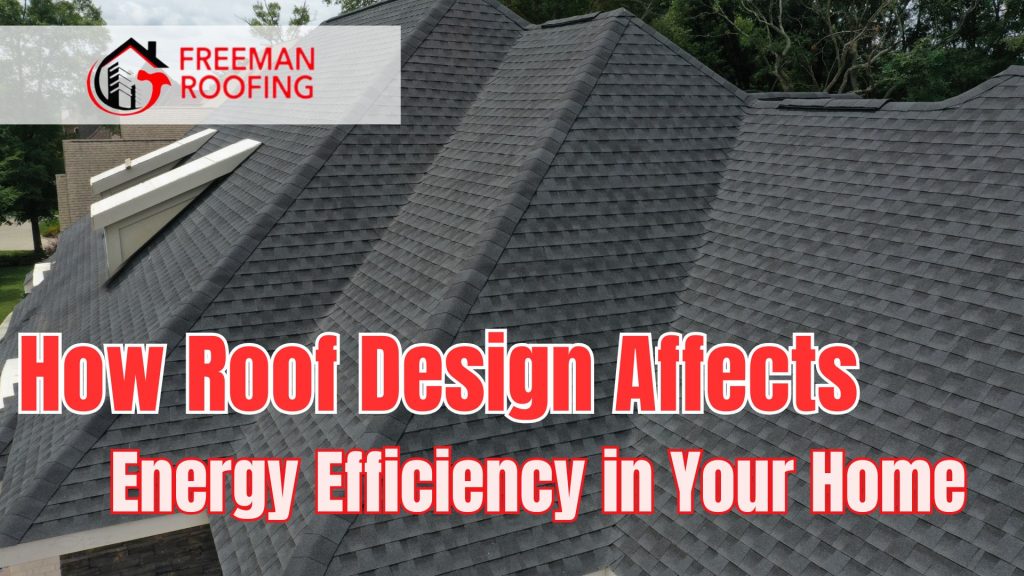How Roof Design Affects Energy Efficiency in Your Home

Introduction
How roof design affects energy efficiency in your home is an important consideration for homeowners looking to reduce utility bills and create a comfortable living space. A well-designed roof not only protects your home from weather but also helps regulate indoor temperatures by minimizing heat loss in winter and heat gain in summer. Understanding how different roof designs impact energy efficiency can help you make smarter choices whether building new or renovating.
Roof Shape and Its Impact on Energy Efficiency
The shape of your roof plays a key role in energy performance. For example, steeply pitched roofs promote better air circulation, allowing hot air to escape in warmer months. Conversely, flat or low-slope roofs may absorb more heat, increasing cooling costs. Additionally, roofs with overhangs provide shade to windows and walls, reducing the amount of direct sunlight that heats your home.
Roof Materials and Insulation
Beyond shape, the materials and insulation used in roof construction significantly influence energy efficiency. Reflective roofing materials like metal or cool roof coatings can reflect sunlight and reduce heat absorption. On the other hand, dark shingles absorb heat, making your home warmer. Proper insulation beneath the roof is essential to prevent heat transfer, keeping indoor temperatures stable and lowering energy consumption for heating and cooling.
Ventilation and Energy Efficiency
Adequate roof ventilation is another critical design feature. Good ventilation allows moisture and hot air to escape the attic, preventing heat buildup and reducing strain on your HVAC system. Ridge vents, soffit vents, and attic fans all help maintain a balanced temperature. Without proper ventilation, your energy bills can skyrocket due to increased cooling needs.
Conclusion
How roof design affects energy efficiency in your home is clear: thoughtful choices about roof shape, materials, insulation, and ventilation can lead to significant savings on energy costs and a more comfortable environment. Whether you’re building a new home or upgrading an existing roof, considering these factors will benefit you in the long run.
